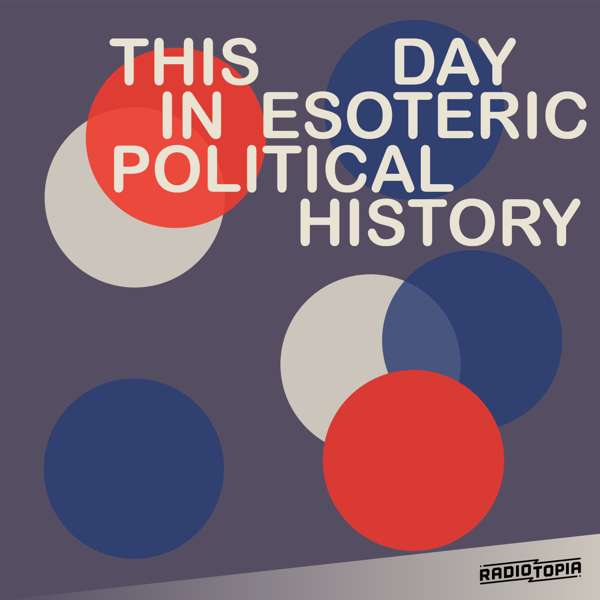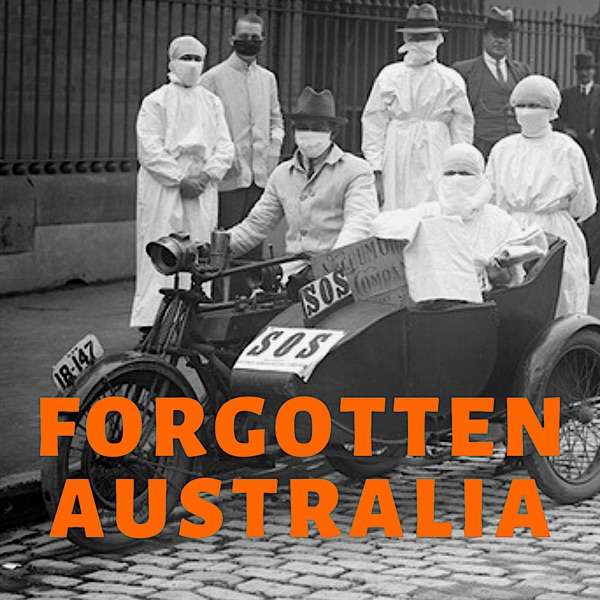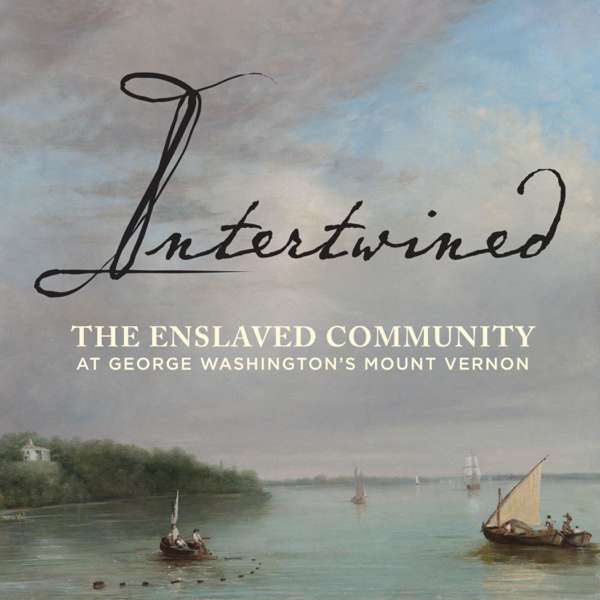Richard Harding Davis was an American newspaper reporter and witnessed the German army's march through the city. This excerpt is from Richard Harding Davis' account from his book, Richard Harding Davis: His Day (1933). It is slightly different than the one reported by the New York Tribune but the feeling is the same. We join his account as he sits at a boulevard cafe waiting for the German arrival:
"The change came at ten in the morning. It was as though a wand had waved and from a fete-day on the Continent we had been wafted to London on a rainy Sunday. The boulevards fell suddenly empty. There was not a house that was not closely shuttered. Along the route by which we now knew the Germans were advancing, it was as though the plague stalked. That no one should fire from a window, that to the conquerors no one should offer insult, Burgomaster Max sent out as special constables men he trusted. Their badge of authority was a walking-stick and a piece of paper fluttering from a buttonhole. These, the police, and the servants and caretakers of the houses that lined the boulevards alone were visible.
At eleven o'clock, unobserved but by this official audience, down the Boulevard Waterloo came the advance-guard of the German army. It consisted of three men, a captain and two privates on bicycles. Their rifles were slung across their shoulders, they rode unwarily, with as little concern as the members of a touring-club out for a holiday. Behind them so close upon each other that to cross from one sidewalk to the other was not possible, came the Uhlans [cavalry], infantry, and the guns. For two hours I watched them, and then, bored with the monotony of it, returned to the hotel. After an hour, from beneath my window, I still could hear them; another hour and another went by. They still were passing.
Boredom gave way to wonder. The thing fascinated you, against your will, dragged you back to the sidewalk and held you there open-eyed. No longer was it regiments of men marching, but something uncanny, inhuman, a force of nature like a landslide, a tidal wave, or lava sweeping down a mountain. It was not of this earth, but mysterious, ghostlike. It carried all the mystery and menace of a fog rolling toward you across the sea.
The German army moved into Brussels as smoothly and as compactly as an Empire State express. There were no halts, no open places, no stragglers. For the gray automobiles and the gray motorcycles bearing messengers one side of the street always was kept clear; and so compact was the column, so rigid the vigilance of the file-closers, that at the rate of forty miles an hour a car could race the length of the column and need not stop - for never did a single horse or man once swerve from its course.
All through the night, like a tumult of a river when it races between the cliffs of a canyon, in my sleep I could hear the steady roar of the passing army. And when early in the morning I went to the window the chain of steel was still unbroken. It was like the torrent that swept down the Connemaugh Valley and destroyed Johnstown. This was a machine, endless, tireless, with the delicate organization of a watch and the brute power of a steam roller. And for three days and three nights through Brussels it roared and rumbled, a cataract of molten lead. The infantry marched singing, with their iron-shod boots beating out the time. They sang Fatherland, My Fatherland. Between each line of song they took three steps. At times 2000 men were singing together in absolute rhythm and beat. It was like blows from giant pile-drivers. When the melody gave way the silence was broken only by the stamp of iron-shod boots, and then again the song rose. When the singing ceased the bands played marches. They were followed by the rumble of the howitzers, the creaking of wheels and of chains clanking against the cobblestones, and the sharp, bell-like voices of the bugles.
More Uhlans followed, the hoofs of their magnificent horses ringing like thousands of steel hammers breaking stones in a road; and after them the giant siege-guns rumbling, growling, the mitrailleuses [machine guns] with drag-chains ringing, the field-pieces with creaking axles, complaining brakes, the grinding of the steel-rimmed wheels against the stones echoing and re-echoing from the house front. When at night for an instant the machine halted, the silence awoke you, as at sea you wake when the screw stops.
For three days and three nights the column of gray, with hundreds of thousands of bayonets and hundreds of thousands of lances, with gray transport wagons, gray ammunition carts, gray ambulances, gray cannon, like a river of steel, cut Brussels in two."

 Our TOPPODCAST Picks
Our TOPPODCAST Picks  Stay Connected
Stay Connected







